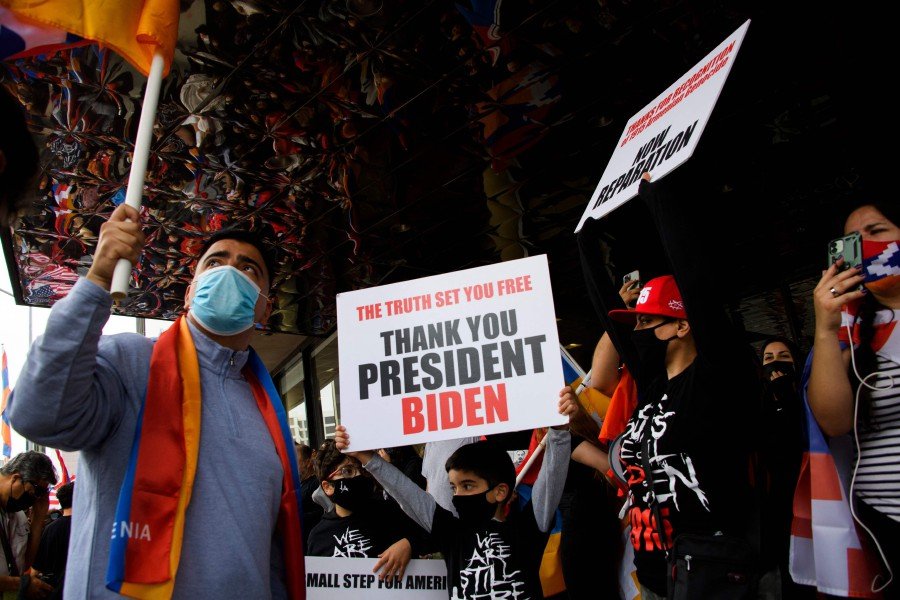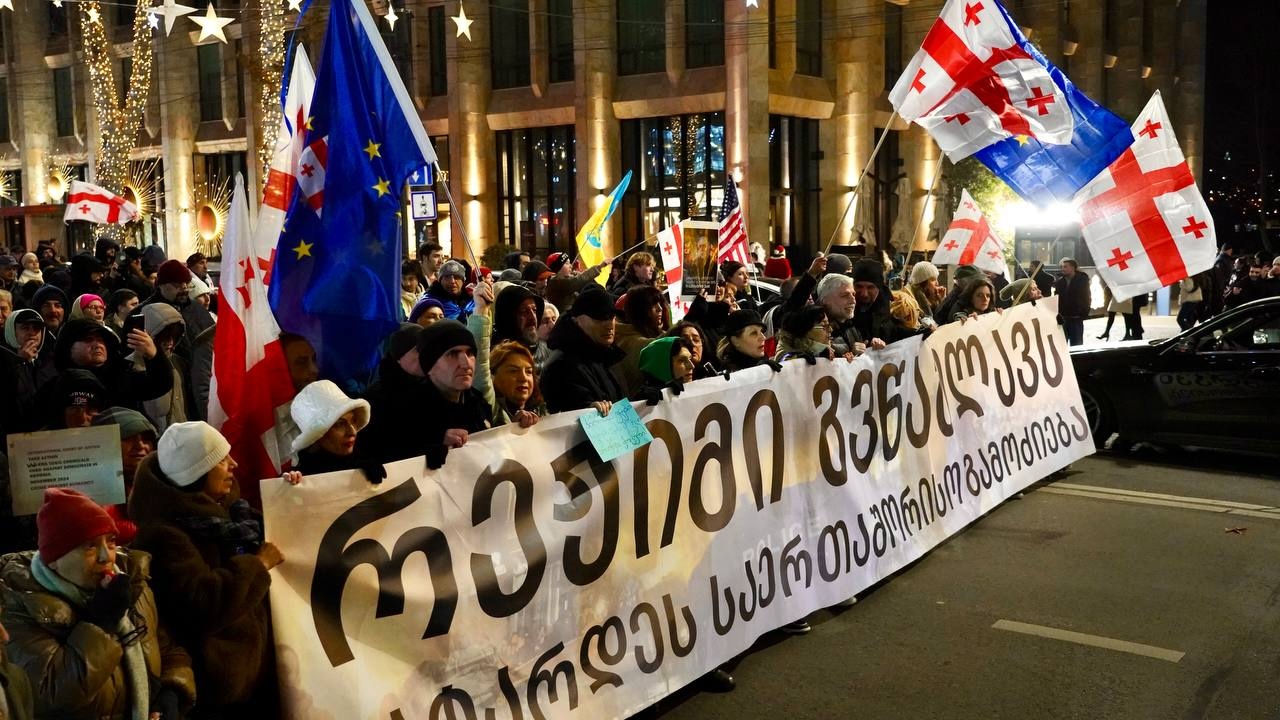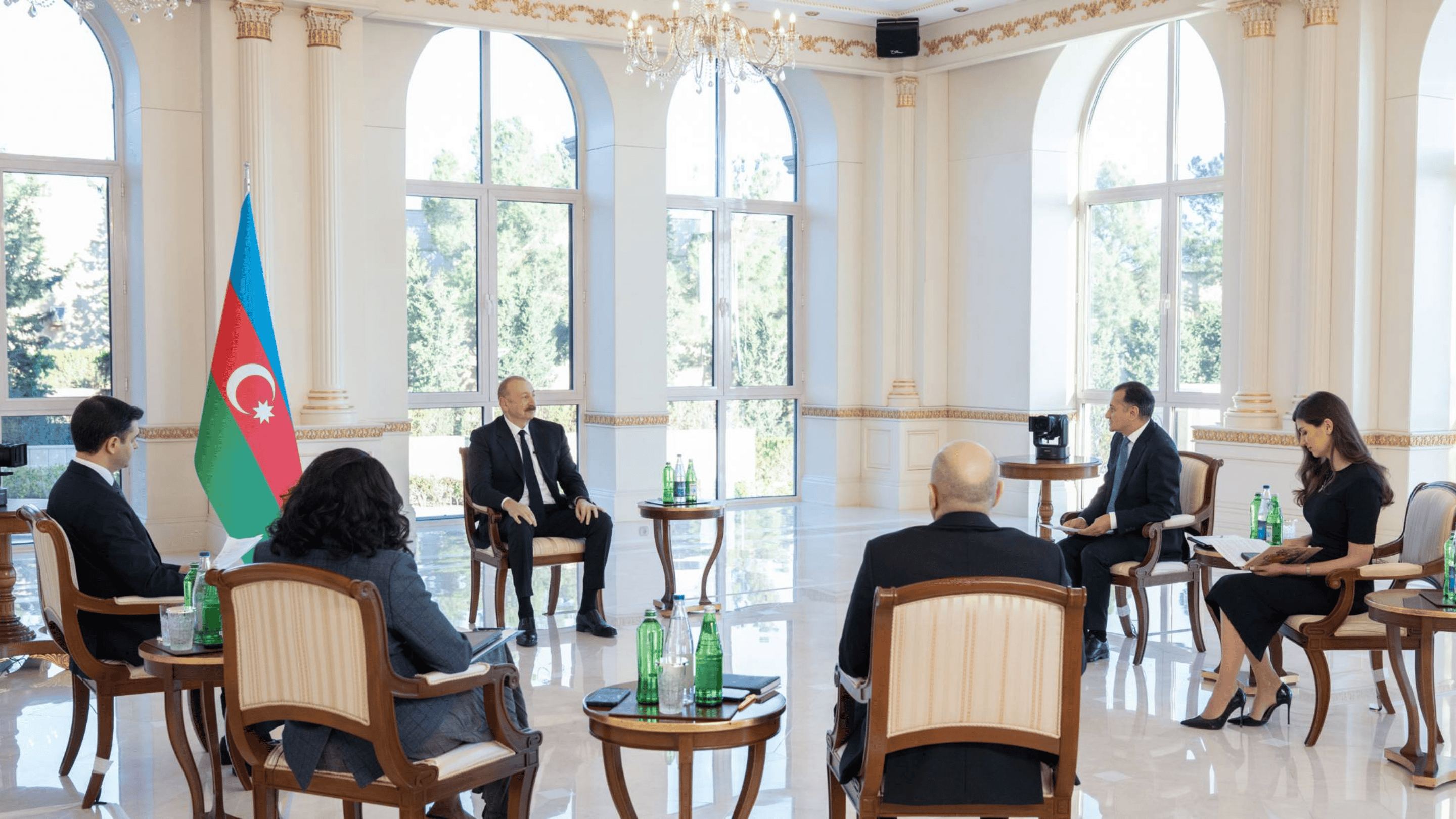Experts on the meaning behind Biden's statement on the Armenian genocide
What is the significance of US President Joe Biden deciding to use the word ‘genocide’ for the first time when referring to atrocities suffered by Armenians during the Ottoman era at the beginning of the twentieth century?
Until now, the White House has avoided this term in order not to compromise the country’s relations with Turkey.
The statement of the US President will not entail any legal consequences as so far it is merely a symbolic gesture. Nevertheless, many experts have already commented on it, since Biden’s statement may affect the geopolitical situation in the region as a whole.
How do experts assess the situation in Armenia, Russia and the West?
- US President Biden uses word ‘genocide’ while talking about killings of Armenians in Ottoman Turkey
- Armenian genocide: what victims’ descendants demand from Turkey 106 years later
Why now, what are the risks, and what are the possible consequences?
American political scientist Suren Sargsyan answered these questions:
“Biden’s recognition of the genocide is a clear political assessment, which, from this day towards, will be regarded as the official position of the United States on the matter. This is recognition, period. […] Can another president revoke this recognition tomorrow? In theory, yes, but it is very unlikely”.
Sargsyan also listed factors that, in his opinion, determined the timing of Biden’s statement:
“1. For 30 years, the United States has insisted that there is no military solution to the Nagorno-Karabakh conflict, however, as a result of Turkey’s intervention, Azerbaijan has turned to a military solution of the conflict.
2. Turkish-American relations are currently at an all-time low.
3. President Erdogan is now being punished (what a gift this is for the Turkish opposition – for 100 years Turkey obstructed the recognition of the genocide, but now it happened because of Erdogan).
4. Erdogan is being punished for Syria, Libya, the Mediterranean, Kurds, Cyprus, Greece, and other issues. […]
5. Multiple factors that the current situation consists of are very important. Of course, the interests of the United States come first. Pressure needs to be put on Turkey. The United States is stepping up its foreign policy. In the internal political discourse, Turkey is perceived extremely negatively. All this creates fertile ground for the work of the [Armenian] diaspora, and the diaspora goes on the offensive. Moreover, the general geopolitical situation is favorable”.
The political scientist also listed down some of the risks:
“Can Turkey get angry and take aggressive steps? Of course, it can. But what happened recently is the promise of the President of the United States to his citizens, the American Armenians. Armenia has nothing to do with it. This man has made a promise to his voters and fulfilled it”.
When asked how the recent events might benefit Armenia, Suren Sargsyan said:
“The possible benefits [of Biden’s statements] are limitless. From pressure on Turkey to a precedent being set for the other countries to follow. The Turks were characterized by the world’s number one power as a people who committed genocide. The rest depends on our capabilities and diplomacy”.
What caused the delay?
Political observer Hayk Khalatyan believes:
“[Recognition of the fact of genocide] has always been hampered by the fact that Turkey is the most important ally for the United States in the region. Therefore, official Washington has always refused recognition at the very last moment.
It is clear that a sharp deterioration in US-Turkish relations in recent years played a certain role in what has happened recently. If it was not for that deterioration, I do not think that the US administration would have gone through with the official recognition.
This is a psychological gesture that is important for Armenians around the world and, first of all, for the Armenian citizens of the United States. It is clear that this will not turn into forcing Turkey to recognize the genocide. But, it will become a certain signal to the Turkish society, and a signal for many countries with less influence than that of the United States which follow the precedent set by the USA”.
Hayk Khalatyan finds it difficult to say whether it is possible for Turkey to recognize the genocide:
“Modern Turkey is the result of the criminal extermination of Armenians, Greeks, Assyrians. It is clear that modern Turks find it difficult to admit and take responsibility for the crimes of their ancestors, however, some prominent Turkish figures publicly acknowledged the genocide. Among them is the famous Nobel laureate in literature, Orhan Pamuk, who was forced to leave Turkey as a result of statements. But the society itself is not ready yet”.
Assessment from Russia
Turkologist Vladimir Avatkov believes that the use of the word “genocide” by Biden is just an attempt to increase his influence in the South Caucasus.
“The Americans represented by President Biden, have recognized the Armenian genocide, which, in fact, Russia has acknowledged a long time ago. And for us, it is historical memory, a brotherhood of the Russian and Armenian peoples, while for Americans it is but one of the pawns that they are moving in order to increase their own influence in the South Caucasus and contribute to destabilization, the expansion of the arc of instability in the South Caucasus and strengthening of the alliance between Ankara and Baku, but also, no doubt, to establish their own partnership with Armenia”.
Avatkov also believes that Turkey and the United States are systematically deteriorating bilateral cooperation:
“Public discontent with Europe, the United States, and the West, in general, is growing in Turkey. The Americans are imposing sanctions against their ally and do not hesitate to take any measures in order to convince Turkey to act in American interests”.
Western media’s coverage
Lara Jakes, a columnist for The New York Times, believes that the recognition of the Armenian genocide by Biden can be considered a “test of his administration’s dealings with the government of President Recep Tayyip Erdogan of Turkey”.
The Associated Press writes that the president “will almost certainly be met with resistance from Turkey which has successfully sought to ensure that previous US presidents bypass this issue”. The Associated Press also reports that the relationship between Biden and Erdogan during the former’s term as the Democratic President in the White House was very cold, because “for more than three months, President Biden did not speak to him”.
Reuters quoted Ian Bremmer, founder of research and consulting organization Eurasia Group, who believes that the White House’s decision reflects a further deterioration in US-Turkey relations, but Ankara’s response is likely to be restrained:
“Erdogan […] is unlikely to provoke the US with actions that will further undermine the weak Turkish economy”.



















